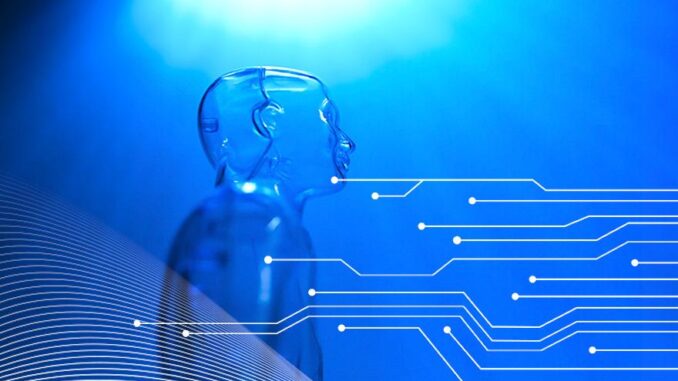
AI for Daily Living Assistance involves the integration of artificial intelligence technologies into systems and applications designed to help individuals manage their daily activities more effectively.
This can significantly enhance the independence and quality of life for individuals with disabilities, elderly individuals, or those with chronic conditions. Here are various applications and features that can be developed under this category:










### 1. **Smart Personal Assistants**
– Use AI-driven voice recognition to allow users to set reminders for medications, appointments, and important events.
– Incorporate natural language processing to understand and respond to user queries about daily tasks.
### 2. **Activity Reminders and Alerts**
– Create customizable reminders for daily activities, such as drinking water, taking breaks, or performing physical therapy exercises.
– Send alerts to family members or caregivers if tasks are consistently missed, ensuring a support system is in place.
### 3. **Meal Planning and Nutrition Management**
– AI tools that assist users in planning meals based on dietary needs, preferences, and nutritional requirements.
– Consider recipe suggestions using ingredients that users have at home and can accommodate dietary restrictions.
### 4. **Smart Home Integration**
– Use AI to control smart home devices, enabling users to manage lighting, temperature, and appliances through voice commands or mobile apps.
– Implement automation for everyday tasks, like turning on lights at certain times or triggering coffee machines.
### 5. **Transportation Assistance**
– AI-powered apps to help users plan and book transport (rideshare or public transit) based on their location and mobility needs.
– Integrate navigation assistance for those who may have difficulty understanding complex travel routes.
### 6. **Personal Safety Monitoring**
– AI systems that detect unusual patterns, such as falls or prolonged inactivity, and alert caregivers or emergency services.
– Wearable devices with AI capabilities to monitor vitals and send alerts based on health parameters.
### 7. **Social Interaction and Connectivity**
– AI applications encouraging social interaction by reminding users to check in with friends or family and facilitating video calls.
– Tools that assist in forming or maintaining social connections, especially for individuals who may be socially isolated.
### 8. **Cognitive Assistance**
– AI tools designed to help users with memory problems manage their day-to-day tasks, offering suggestions and confirmations of ongoing activities.
– Incorporate cognitive games to help keep the mind active while assisting with daily decision-making.
### 9. **Task Assistance and Automation**
– AI systems capable of managing daily chores by automating tasks through connected devices (such as robotic vacuum cleaners).
– Applications that provide step-by-step guidance for complex tasks like doing laundry or organizing spaces.
### 10. **Financial Management Support**
– AI applications that assist users in budgeting, paying bills, and tracking expenses with reminders for upcoming payments.
– Tools to analyze spending habits and provide insights for better financial decisions.
### Development Considerations:
– **Customization**: Build tools that can adapt to individual user needs and preferences, considering different levels of abilities and varying daily routines.
– **User-Friendly Interfaces**: Focus on developing intuitive applications that are easy to understand and navigate, catering to users of all ages and tech-savviness.
– **Privacy and Security**: Prioritize data protection measures, especially when dealing with sensitive information related to health and personal life.
### Collaboration and Testing:
– Involve users in the design and development process to ensure the functionality truly meets their needs.
– Conduct usability testing with a diverse group of potential users to refine the tools and ensure they are accessible and effective.
By harnessing the power of AI in Daily Living Assistance, developers can create solutions that promote greater independence and enhance the quality of life for vulnerable populations.


Leave a Reply